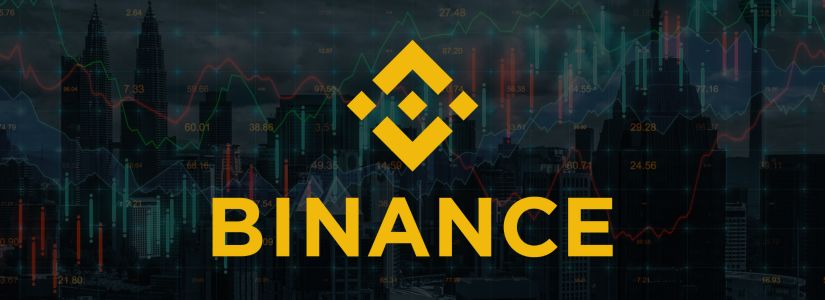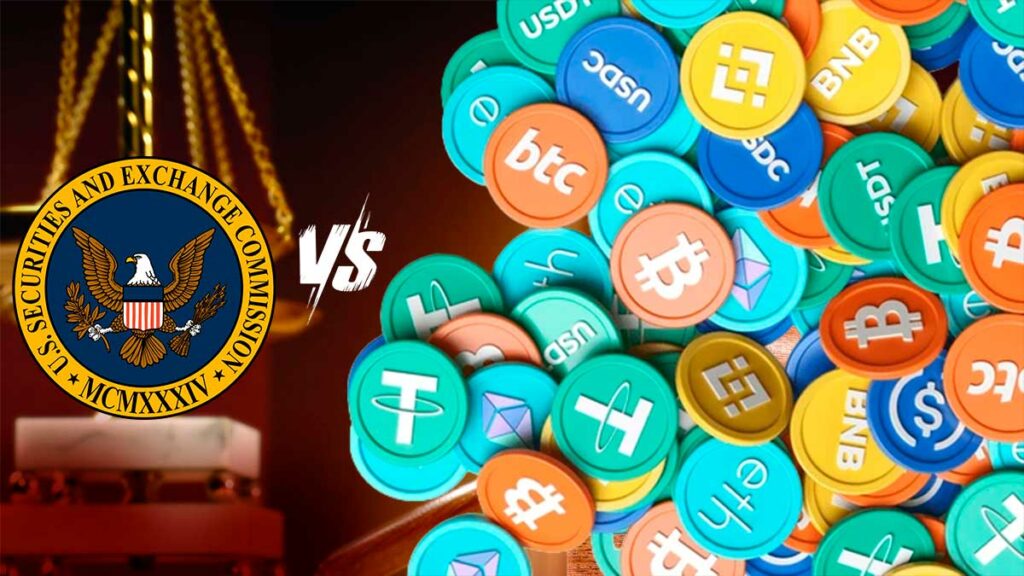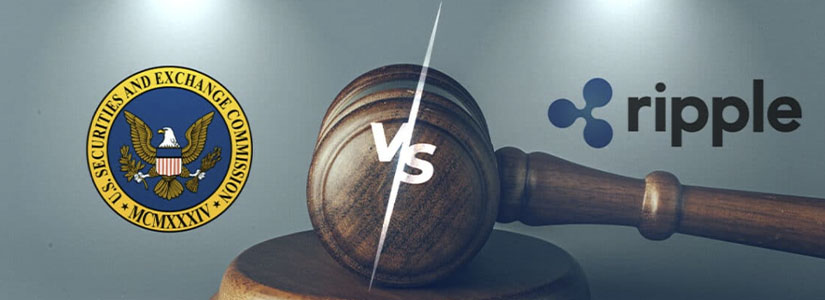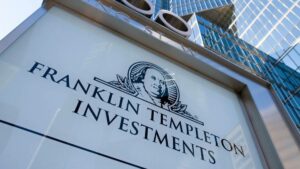The crypto industry anticipates pivotal crypto court battles in 2024 that will shape the U.S. government’s regulatory approach to cryptocurrencies.
Key cases involving major players like Coinbase, Binance, and Ripple are expected to reach conclusions, potentially leading to Supreme Court showdowns. The SEC’s enforcement actions and awaited ETF approvals add to the sector’s complex legal landscape. Overall, the year could bring significant, yet incomplete, regulatory clarity for crypto. Here are some of the most anticipated court cases in 2024:
Coinbase Vs. SEC
The SEC filed a lawsuit against Coinbase in June 2023, accusing it of securities violations. Coinbase has been pushing for clearer crypto industry regulations, but its petition for rulemaking was recently rejected by the SEC. The two parties are set to present oral arguments on January 17, 2024.
This case is significant as it could influence the future of crypto regulations. The final decision, expected later in the year, could set a precedent for other crypto exchanges facing similar accusations. This showdown is one of the key events to watch in 2024.
Binance Vs. SEC

Binance, the leading cryptocurrency exchange, is facing a lawsuit from the Securities and Exchange Commission (SEC), following a multibillion-dollar settlement with U.S. authorities. The SEC accused Binance of violating securities laws in June 2023, a claim that Binance has strongly denied.
Despite its previous settlement with other U.S. agencies, Binance argues that this should not influence its case with the SEC. The lawsuit remains a hot topic, with a ruling on Binance’s motion to dismiss and arguments from both parties expected in the first quarter of 2024. This case could set a significant precedent for the crypto industry.
Changpeng Zhao’s Hearing in 2024
Changpeng Zhao, the founder of Binance, pleaded guilty to facilitating money laundering and terrorist financing. His sentencing hearing is scheduled for February 23, 2024. He could face up to ten years in prison, but many anticipate a lesser sentence due to his $4.3 billion plea deal.
This case’s outcome could significantly impact the cryptocurrency industry, potentially setting a precedent for how crypto executives are held accountable for their platform’s regulatory compliance. This case will be closely watched as it could influence how regulators approach anti-money laundering and counter-terrorism financing laws in the crypto space.

The Fate of Sam Bankman-Fried
Sam Bankman-Fried, the ex-CEO of FTX, faces a pivotal moment on March 28, 2024, when his sentencing for fraud is due. Convicted in November 2022, he potentially faces up to 115 years in prison, highlighting the gravity of his charges.
This sentencing will not only determine SBF’s fate but also set a precedent for the accountability of cryptocurrency executives. The crypto community is keenly awaiting the outcome, which will significantly affect the industry’s regulatory oversight and ethical standards.
Do Kwon’s Crypto Court Saga Continues in 2024
Do Kwon, the founder of Terra, is currently in a legal predicament. Accused of causing the collapse of Terra’s $40 billion ecosystem, he was arrested in Montenegro in December 2022. However, the Montenegro Appellate Court has ruled against his extradition to the US or South Korea.
This decision has highlighted the complexities of international law in the crypto industry. The future of Do Kwon, and potentially the precedent for other crypto founders facing similar charges, will be decided in Europe by Montenegro’s Ministry of Justice in 2024. This case underscores the increasing regulatory scrutiny in the crypto space.
Ripple Vs. SEC
The Ripple vs. SEC lawsuit, one of the longest-standing legal battles involving a crypto company, is expected to conclude in 2024. A July 2023 ruling affirmed that secondary sales of XRP were not securities sales, but primary sales could be. This case is crucial for understanding the classification of crypto assets and its legal implications.
The remedies phase of the lawsuit will commence on February 12, 2024. The outcome of this phase could recalibrate the regulatory landscape for digital assets, potentially setting new standards for their classification and oversight. This case underscores the growing intersection of cryptocurrency and regulatory compliance.












